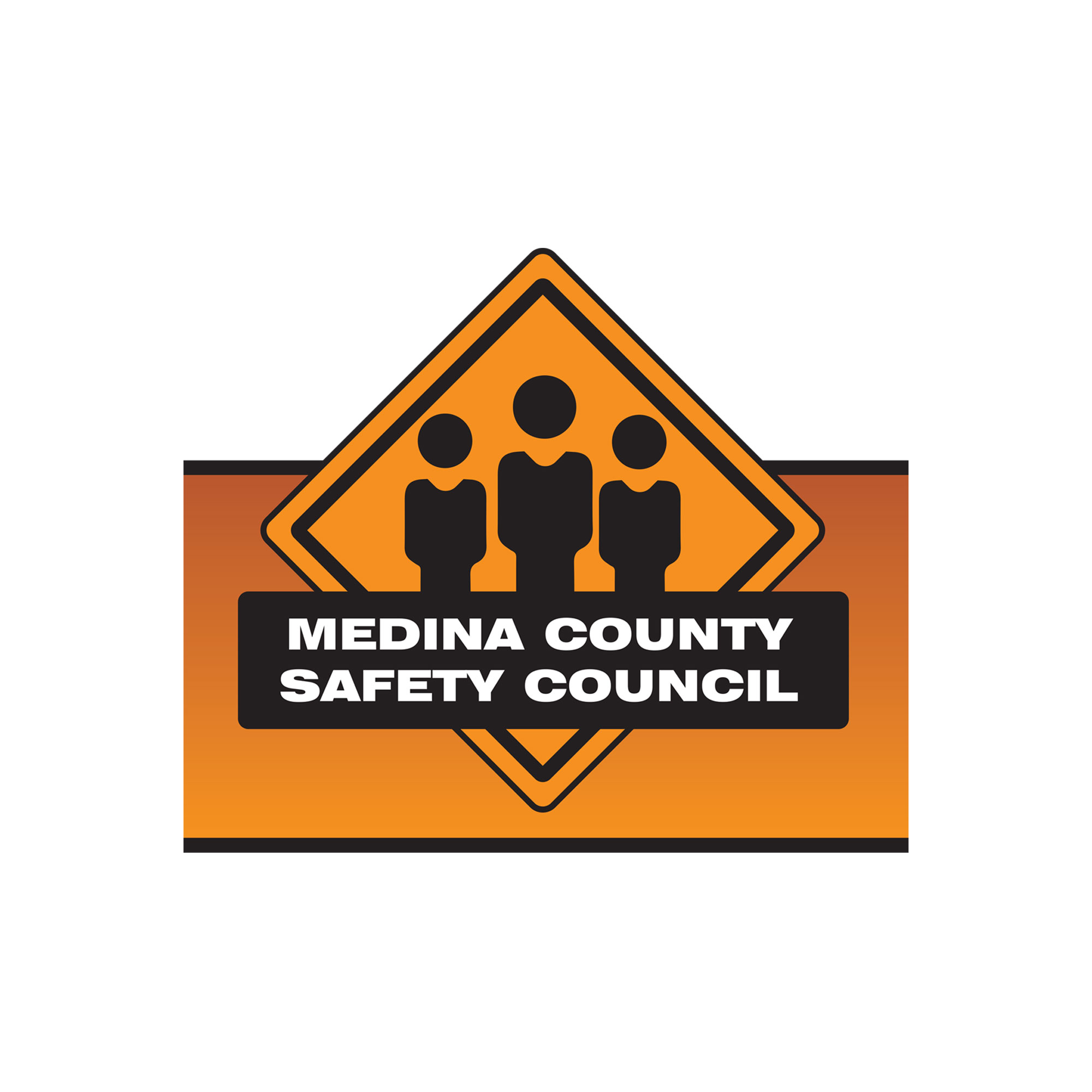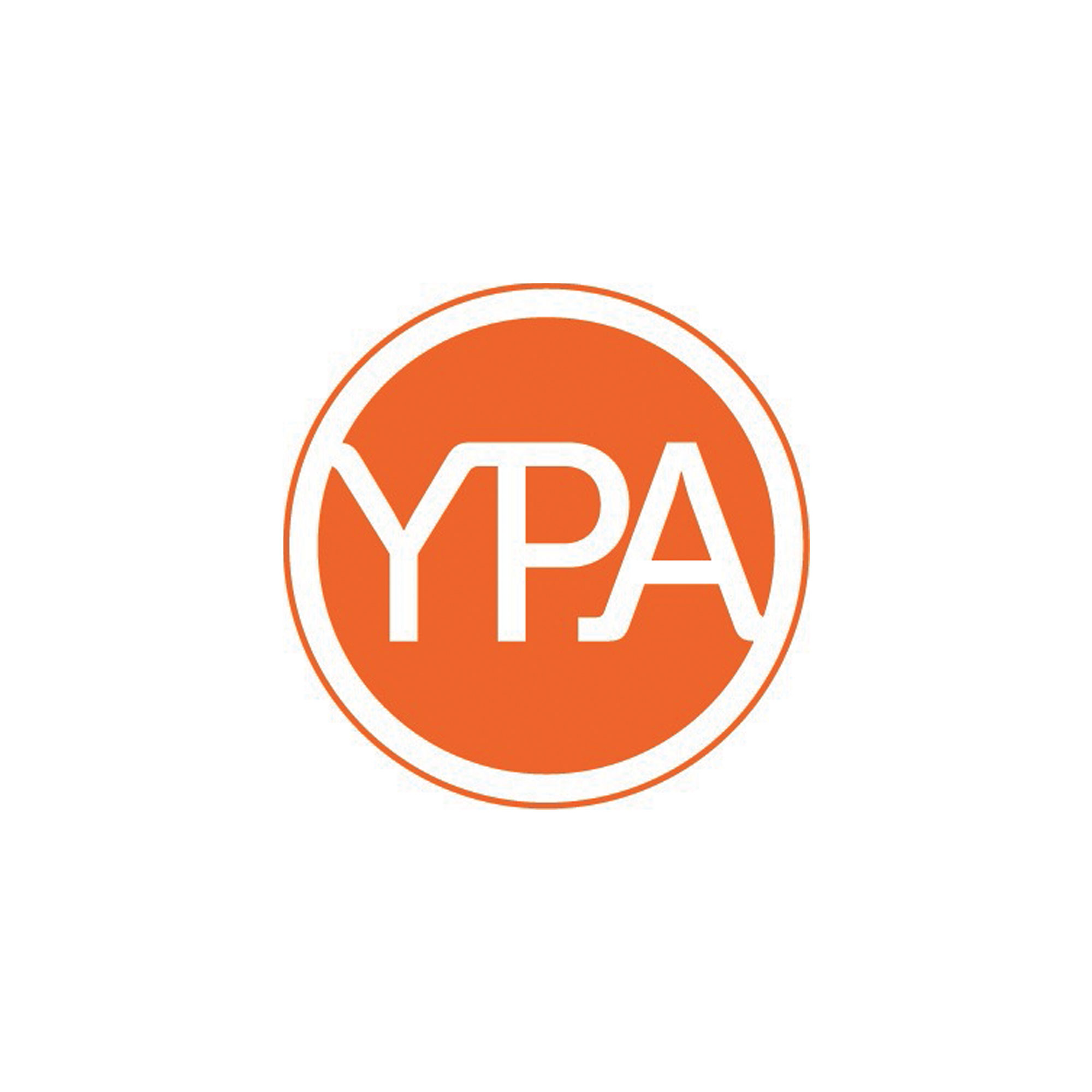Leasing commercial space is much different from renting an apartment or condo. Not only does the commercial space house your business, but your business’ success or failure can also be affected by the terms of your lease. Before you sign anything, make sure you and your landlord agree with the basic terms including the amount of rent, the length of the contract and the configuration of the actual space.
One way commercial leases differ from the residential lease is that they are not subject to most consumer protection laws that govern residential leases. Also, most commercial leases are customized for each landlord, so you need to review them very carefully. These leases are usually long term and always binding; but, since these leases tend to be customized for each landlord, there is some flexibility and ability to negotiate. Each tenant will have special needs due to the nature of their unique businesses.
Some things to consider before you sign the bottom line are:
• Can your business afford the monthly rent? Also, what length are you comfortable signing? A five- or ten-year lease might be great to lock in a certain lease rate for a longer time. However, what if your business grows faster than you expected and you outgrow the space before the lease is up? Shorter-term leases (three- to five-year leases) with renewal options might often be a safer way to go.
• Do you need to make any changes or modifications to the space (generally call buildout)? Maybe your business needs to add offices, raise a loading dock, add data lines, or add a kitchenette. Who is going to pay for those changes or upgrades – you or the landlord? Make sure all those changes are listed, either in the lease or on an addendum, and who is paying for each item.
• What about ADA laws? Do those affect your business or the space you are considering to lease? The Americans with Disabilities Act (ADA) requires all companies that are open to the public or that employ more than 15 people must be accessible to the disabled. Again, make sure that you and your landlord agree about who is paying for any required modifications, such as adding a ramp or widening doorways to accommodate wheelchairs.
• Does your lease allow you to put signage up? Moreover, if so, are there local restrictions as to signage design and location?
• In a multi-tenant building, can the landlord lease to other businesses that are similar to yours?
• Who pays utilities and is each unit separately metered?
• What other costs are required outside of the rent?
• What insurance coverage does the landlord require you to maintain?
• Also, are there monthly CAM charges to pay? CAM charges are Common Area Maintenance charges such as landscaping, snowplowing, outside lighting, etc. that are shared by all the tenants in a building.
There are also more critical items that need to be spelled out in a lease.
You want to make sure there is a determined length of the lease (also called the lease term) - when it begins and whether there are renewal options. The rent should be in writing including any annual increases (also called escalations) and how they will be computed. So it should be established where your rent includes insurance, property taxes, and maintenance costs (called a gross lease); or whether you will be charged for these items separately (called a net lease). The security deposit should be listed and what are the conditions for returning the deposit.
One item that is often missing from a lease but it very important to understand is what is the exact space – suite number, square footage, and any common areas – that you are leasing. If any improvements are made to the space, who owns the fixtures when the lease is over? And, one significant, and a potentially expensive item, is who is responsible for maintaining and repairing the HVAC system. It is common for a tenant to have a cap on what they have to spend to maintain or repair the HVAC.
A few other considerations would be if you as the tenant have a right to assign or sublease to another tenant. You will want to make sure that any options to renew, or possibly expand your space are spelled out.
Termination and disputes are things you generally want to avoid but are still important in a lease. If a disagreement occurs, it should be decided if they are to be mediated or arbitrated instead of going to court. If you or your landlord choose to terminate the lease, details on if and how that occurs, including notice requirements and any penalties should be listed.
As you can see, a commercial lease has lots of moving parts and should be taken very seriously for you and your business.We always recommend for you to make sure all of your business advisors (attorneys, accountants, partners, etc.) have a chance to review the lease before you sign.
Michelle Masica, Real Estate Agent & Consultant







